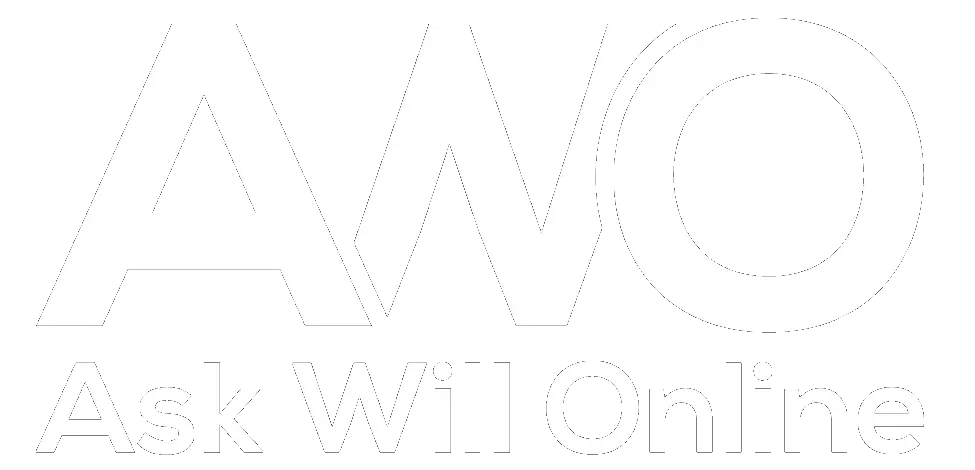In Business, it is important to protect business ideas to stop others from stealing your idea. Remember, an idea cannot be protected, but patents and copyright are methods of preventing others from copying an actual invention or piece of creative work. This article will go over Patents, Copyright and Trademarks: all methods of protecting business ideas.
Intellectual property or ‘IP’ is the general term for assets that have been created by human ingenuity or creativity which includes music, writing, photographs and engineering or other inventions. Governments are keen to protect Ips otherwise there will be no incentive to create anything.
Patents
The purpose of a patent is to provide a window of up to 20 years in which the work of an inventor cannot be copied by anyone else.
The 20 year period starts from the moment the patent is applied for. The IPO itself admits that applications take at least two and a half years to process, and can take up to five years. The patent system acts as an incentive to the inventor; nevertheless it can means higher prices for the consumer.
For a small firm, obtaining a patent can be expensive, perhaps costing between £1000 and £4000 for the UK alone. Then, if the product has worldwide potiential, it will have to be patented in America, Japan, China and so on… The cost could total £50,000+. If a competitors breaks a patent, it is not a criminal offense but a cival offense in which the patent owner has to sue the competitor. The problem is that with small firms that want to sue a giant such as Nike or Apple to court, the cost of the court proceedings might ruin the small firm’s financial status.
Copyright
Copyright applies to original written work such as books, newspaper articles, song lyrics and so on. Unlike patents, it occurs automcatically, so there is no need to spend time or money applying for it – a big positive.
Copyright is at the heart of inductries such as publishing and music. Less obvious is that it is also at the heart of computing and the internet. The imaginative prices charged by Microsoft for its Office software are bound up in the copyright protection it enjoys. If Microsoft catches anyone breaking its copyright it will sue immdiately. It can be argued that just like patents, it is helping the development of industry. The cost of developing the Playstation 1 was £500,000 and Playstation 2 £5 million. The cost of a PS3 game is now around £20 million: to justify such hude expenditure, the software producer needs to be confident that the game will sell millions of copies; being copied by million will not pay the bills.
Trademarks
Trademark is described as ‘any sign that can distinguish the goods and services of one trader from those of another. These signs can be words, logos, pictures, sounds, smells, colours or any combination ot these’.
This makes a trademark a ‘badge of origin’, a way to spot one product or brand in a herd of competitors.
To have any force in law, a trademark must be registered at the IPO. To get registered, the mark must be truly distinctive and orginal. You could not register ‘Coffee Shop’ because the font is bright and purple, but ‘Zaydor Coffee Shop’ could be registered.
The importance os trademarks becomes most obvious when you think of the iconic ones such as the Coca-Cola logo, the Lloyds Bank black horse, the Heinz logo and Cadbury’s ‘glass and a half” (of milk).
The cost of registering a trademark ranges from £1000-£2000. it’s not really something a small business would think about until it starts to succeed as the name isn’t worth copying if it’s not successful. However, for the Innocent Drinks business, early registration of its trademarks were crucial to the company’s success.
Key Terms
Copyright: makes it unlawful for people to copy an author’s original written work.
Monopoly power: the ability to charge high prices because you are the sole supplier of a product.
Patents: provide the inventor of a technical breakthrough with the ability to stop anyone copying the idea for up to 20 years.
Trademark: any sign that can distinguish the goods and services of one trader from those of another.





Business owners who aren't sure their product or service is original can conduct a search for similar patents or trademarks before selecting a lawyer by heading over to the Patent and Trademark Office. Or get the provisional patent application instead.